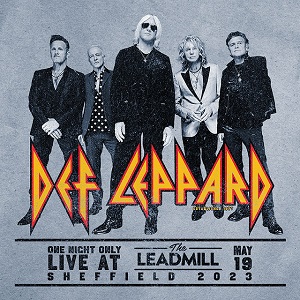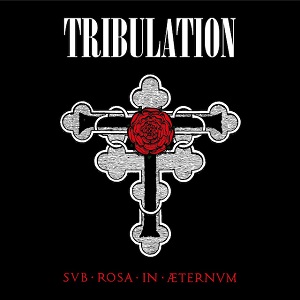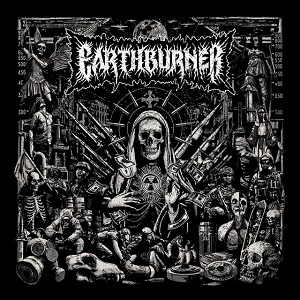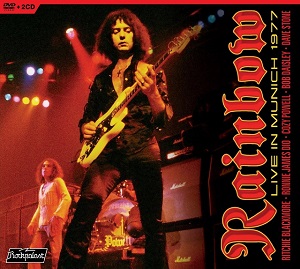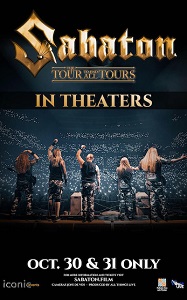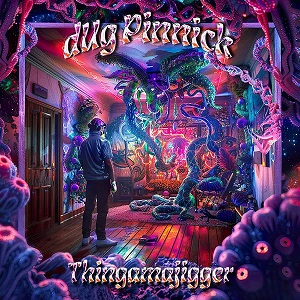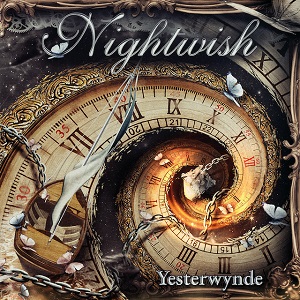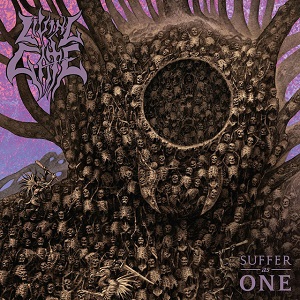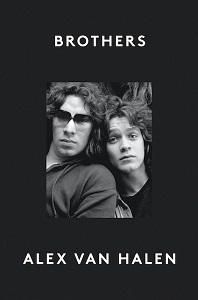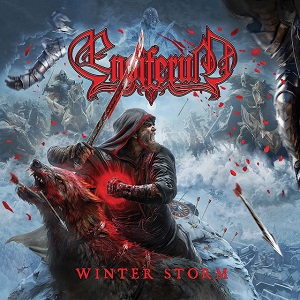AHAB - Doomed And Divine
August 16, 2009, 15 years ago
 Guitarists Christian Hector and Daniel Droste began their metal journey in earnest with the folk metal band Midnattsol. A far cry from the crushing doom of their other band Ahab, but certainly the catalyst for the band’s 2007 debut The Call Of The Wretched Sea. That album, inspired by author Herman Melville’s classic work Moby Dick – from which the band took its name – was the springboard for Ahab’s new sea-oriented outing The Divinity Of Oceans. This time however, the band used memoirs penned by Owen Chase, first mate of the doomed whale ship Essex, as the basis for their song material rather than an imaginary tale. Just as Chase’s real life accounts from In The Heart Of The Sea: The Tragedy Of The Whaleship Essex inspired Melville to write Moby Dick, it painted a dark and foreboding picture strong enough to warrant a doom metal soundtrack in Hector’s eyes.
Guitarists Christian Hector and Daniel Droste began their metal journey in earnest with the folk metal band Midnattsol. A far cry from the crushing doom of their other band Ahab, but certainly the catalyst for the band’s 2007 debut The Call Of The Wretched Sea. That album, inspired by author Herman Melville’s classic work Moby Dick – from which the band took its name – was the springboard for Ahab’s new sea-oriented outing The Divinity Of Oceans. This time however, the band used memoirs penned by Owen Chase, first mate of the doomed whale ship Essex, as the basis for their song material rather than an imaginary tale. Just as Chase’s real life accounts from In The Heart Of The Sea: The Tragedy Of The Whaleship Essex inspired Melville to write Moby Dick, it painted a dark and foreboding picture strong enough to warrant a doom metal soundtrack in Hector’s eyes.
The Divinty Of Oceans is a much bigger album when stacked up against The Call Of The Wretched Sea. Not only are the songs of epic 10+ minute proportions, the overall vibe is darker and the sound much more organic.
 “I don’t know how the doom fans will react because the boundaries are wider on this album compared to the first one,” says Hector. “I think most of the people who are Ahab fans will like it. Most of the music is written by Daniel, and at the beginning I was a bit skeptical because he felt we couldn’t do another album like The Call Of The Wretched Sea. The story on The Divinity Of Oceans is real and not based on fiction like the first album so he felt the new music had to be a bit more direct. The first album was drowned in reverb and he didn’t want to do that again because having that sound made the first album seem very surreal. The new album is us proving that we can make doom metal without having to use those kinds of studio tricks. The music and vocals sound a lot more natural now.”
“I don’t know how the doom fans will react because the boundaries are wider on this album compared to the first one,” says Hector. “I think most of the people who are Ahab fans will like it. Most of the music is written by Daniel, and at the beginning I was a bit skeptical because he felt we couldn’t do another album like The Call Of The Wretched Sea. The story on The Divinity Of Oceans is real and not based on fiction like the first album so he felt the new music had to be a bit more direct. The first album was drowned in reverb and he didn’t want to do that again because having that sound made the first album seem very surreal. The new album is us proving that we can make doom metal without having to use those kinds of studio tricks. The music and vocals sound a lot more natural now.”
Droste’s clean vocals are particularly prominent this time out. That aspect of the album has proven to be the one major hook that has some haters taking a longer listen to what Ahab is about and sticking around.
“We used some clean vocals on the first album, but Daniel and me both wanted to have more of that on the new album. Our drummer was saying that when he heard the vocals for this album being recorded he realized that Daniel can sing (laughs). I think the sound comes from a personal wish on our parts and a natural development since the first record.”Producer Markus Stock, also the guitarist and bassist for The Vision Bleak, was an asset to The Divinity Of Oceans in that Hector and Droste worked with him for Midnattsol’s second album, Nordlys. The positive experience of recording that album with Stock made him the clear cut first choice for The Divinity Of Oceans.
“It was the same as the Midnattsol sessions because Markus is very relaxed when he works,” says Hector, who left the band in early 2008 for personal reasons. “On top of that, though, he’s more into extreme music; Midnattsol really isn’t his cup of tea. With Ahab he was quite curious. He’s not a doom fan, so to say, but he really liked the material, and he told us he was really fond of the song ‘O Father Sea’ because of the Oriental feel of it. That was a big compliment for us.”Asked just how long Ahab is going to be able to keep their sea-oriented album theme afloat, Hector sees no reason why they would change direction. It’s more a question of changing the focus slightly from album to album as time goes on.
“At the moment there’s a pretty funny genre description floating around called whale core (laughs). Mastodon and I think Gojira are in there, but we’re not going to follow this whale thing anymore. We’re sticking with the concept of nautic doom. I can tell you that the themes for the next two albums are already set because there are a lot of cool sea-related books out there that I want to create music for.”

